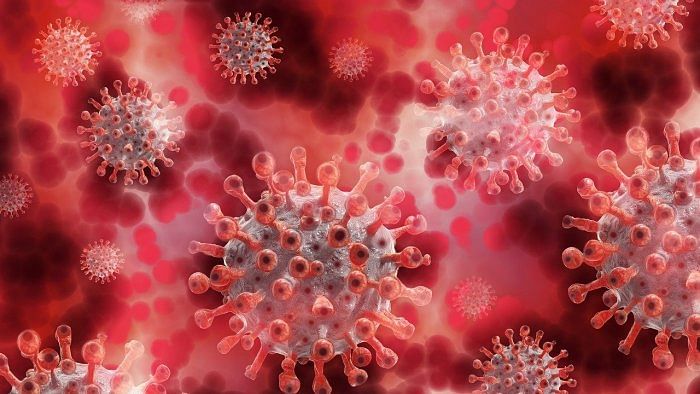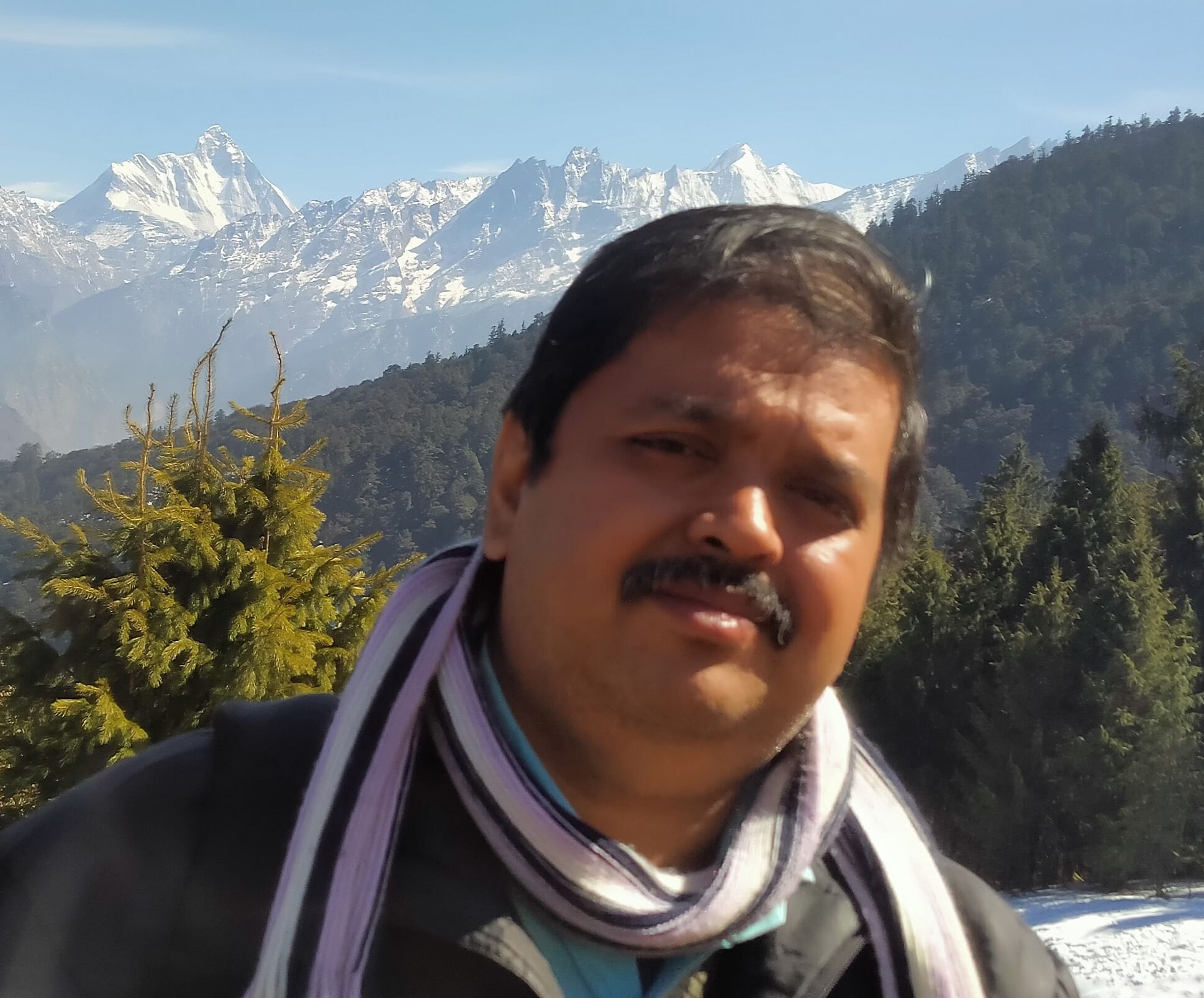
India has ramped up genome sequencing of the Sars-Cov-2 virus by adding 18 more laboratories to the consortium to understand the spread of variants of Covid-19 prevalent in the country.
The Indian Sars-Cov-2 Genomic Consortium (INSACOG) has now grown into a 28-laboratory consortium from the 10-lab group when it was set up in January, Health Minister Harsh Vardhan told a meeting of the Group of Ministers on Covid-19 response on Monday.
The INSACOG laboratories screen samples from states and international travellers to understand the spread of mutations of Sars-Cov-2 variants prevalent in the country.
“As of now, the 10 national laboratories under INSACOG have sequenced 30,000 samples,” the minister said, adding that the new laboratories added to the consortium would boost the capacity of genome sequencing.
Read more: Free Covid-19 vaccine for all above 18 years from June 21: Modi
Read more at: https://www.deccanherald.com/national/free-covid-19-vaccine-for-all-above-18-years-from-june-21-modi-994786.html
Read more at: https://www.deccanherald.com/national/free-covid-19-vaccine-for-all-above-18-years-from-june-21-modi-994786.html
According to the INSACOG, the second wave of Covid-19 cases in the country correlated with the rise in B.1.617 variant of the Sars-CoV-2, which was first detected in India and has since been named the Delta variant.
When the INSACOG consortium was set up in January, it was tasked to test 5% of all the positive samples in every state to detect variants of the Sars-Cov-2 in the country.
However, scientists had later admitted that they were way short of the target due to a variety of reasons, including the integrity of samples collected from states and inadequate viral load in the samples.
On mucormycosis, the health minister said 28,252 cases of the fungal infection have been reported from across the country so far of which 86% have a history of Covid-19 and 62.3% that of diabetes.
Maharashtra has reported the maximum number of mucormycosis cases (6,339) followed by Gujarat (5,486), he said after chairing the 28th meeting of the GoM meeting.
